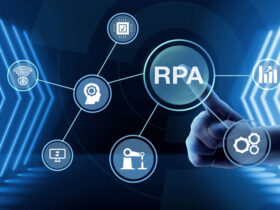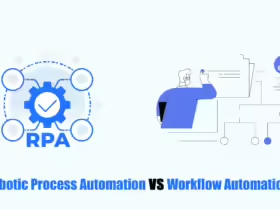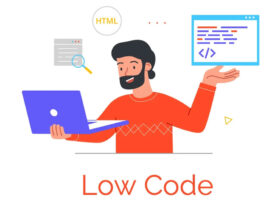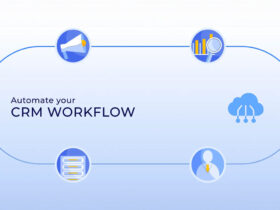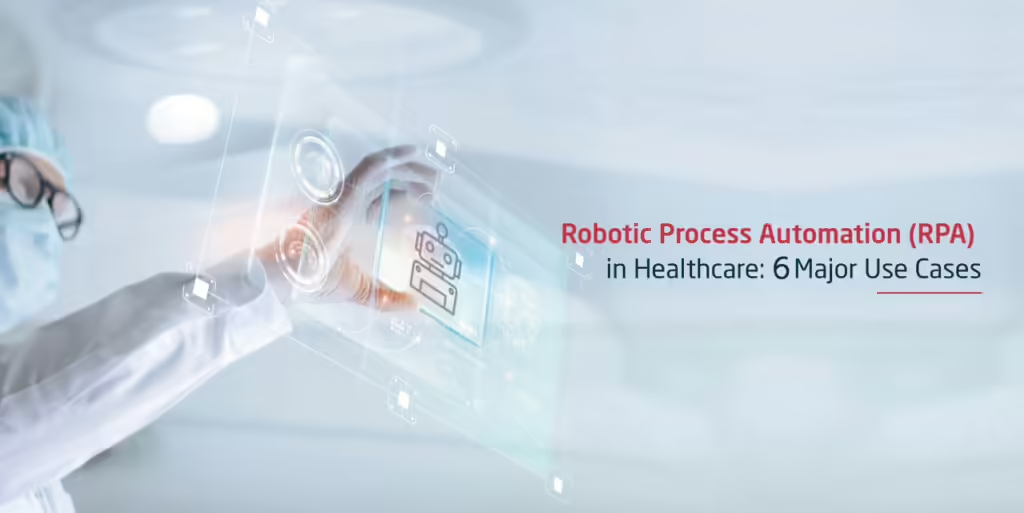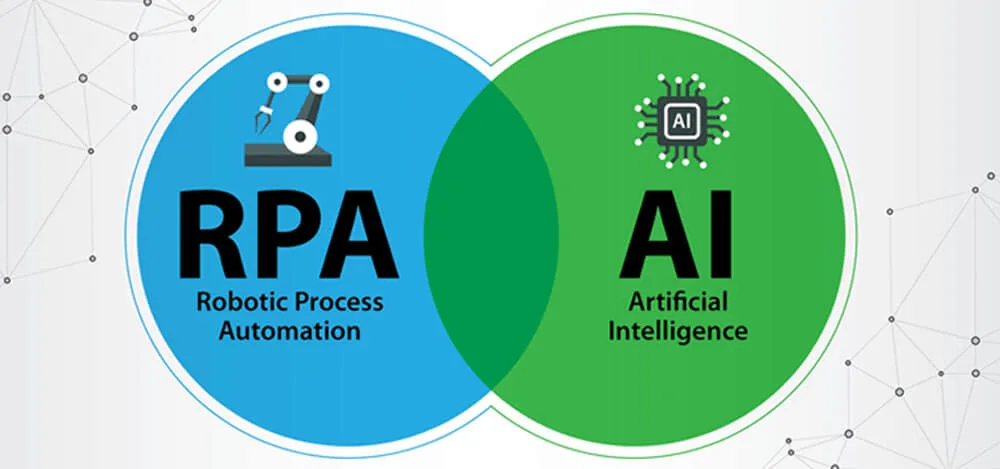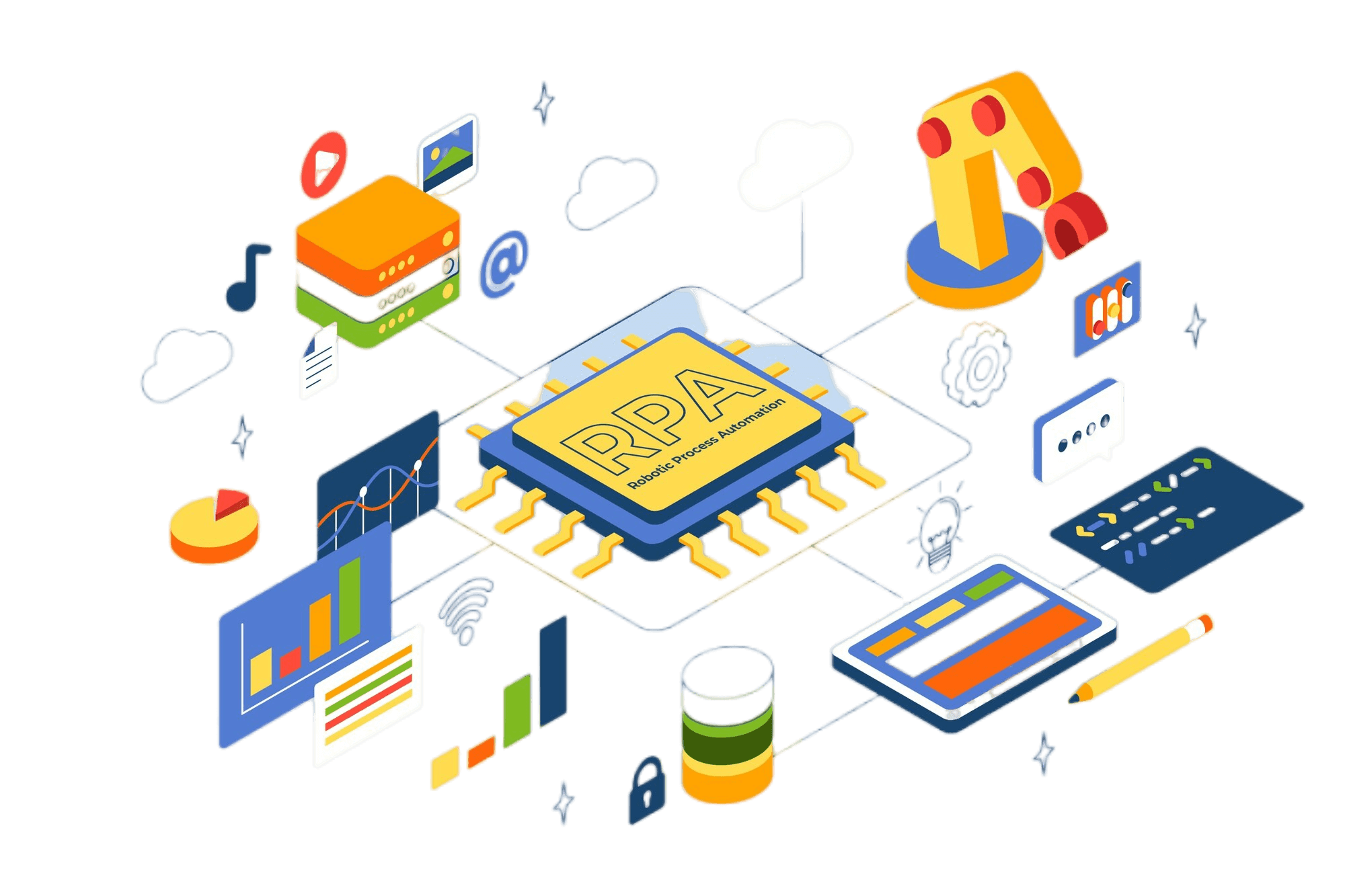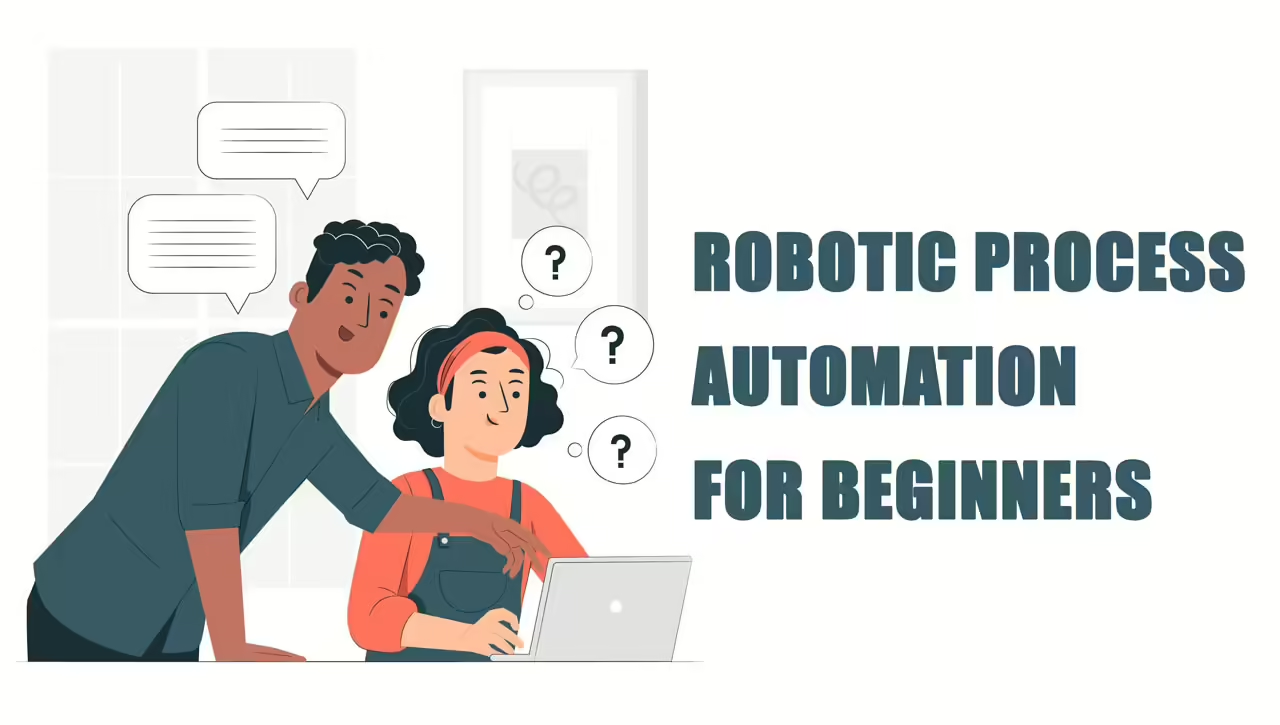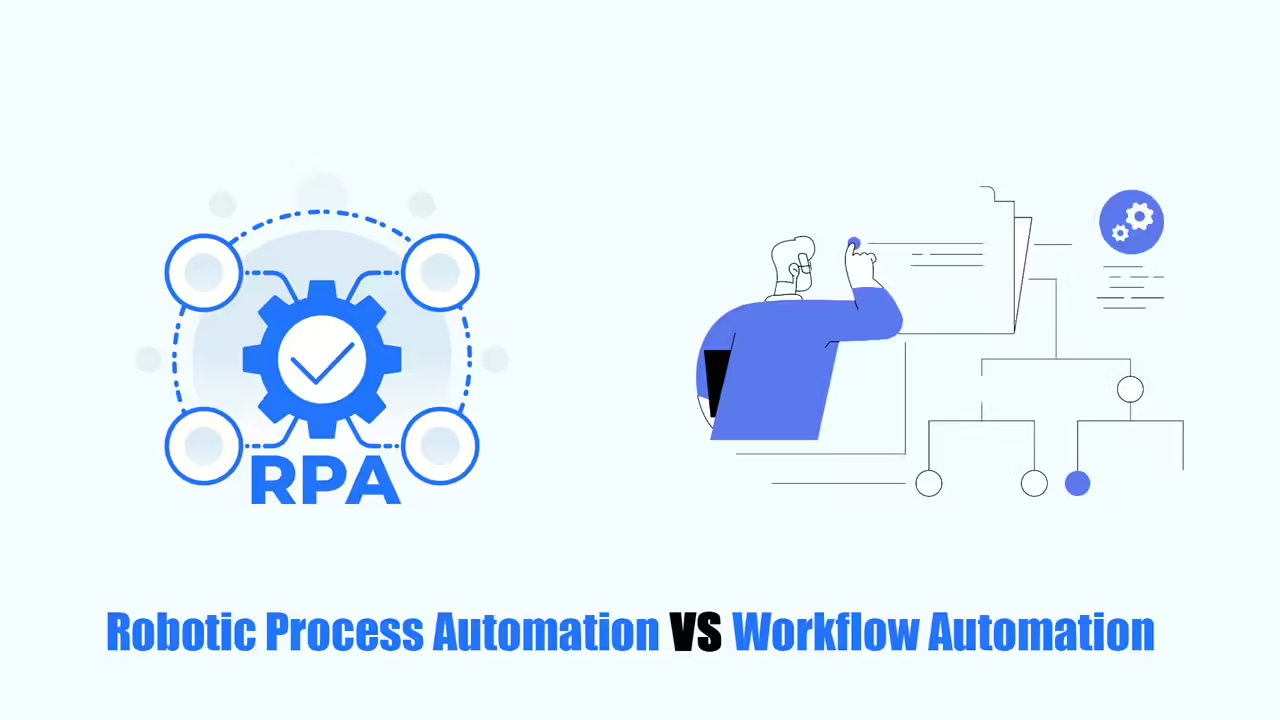The healthcare industry is facing high costs, lots of data, strict rules, and patients who want more. Robotic process automation healthcare tools can help. They can lessen the workload of office tasks and make things run smoother.
RPA in healthcare means using software robots to automate repetitive tasks and handle patient data. These robots act like humans when working with the different computer systems in a hospital, helping staff do routine tasks faster.
Read this article to get more information!
What are Use Cases of Robotic Process Automation Healthcare
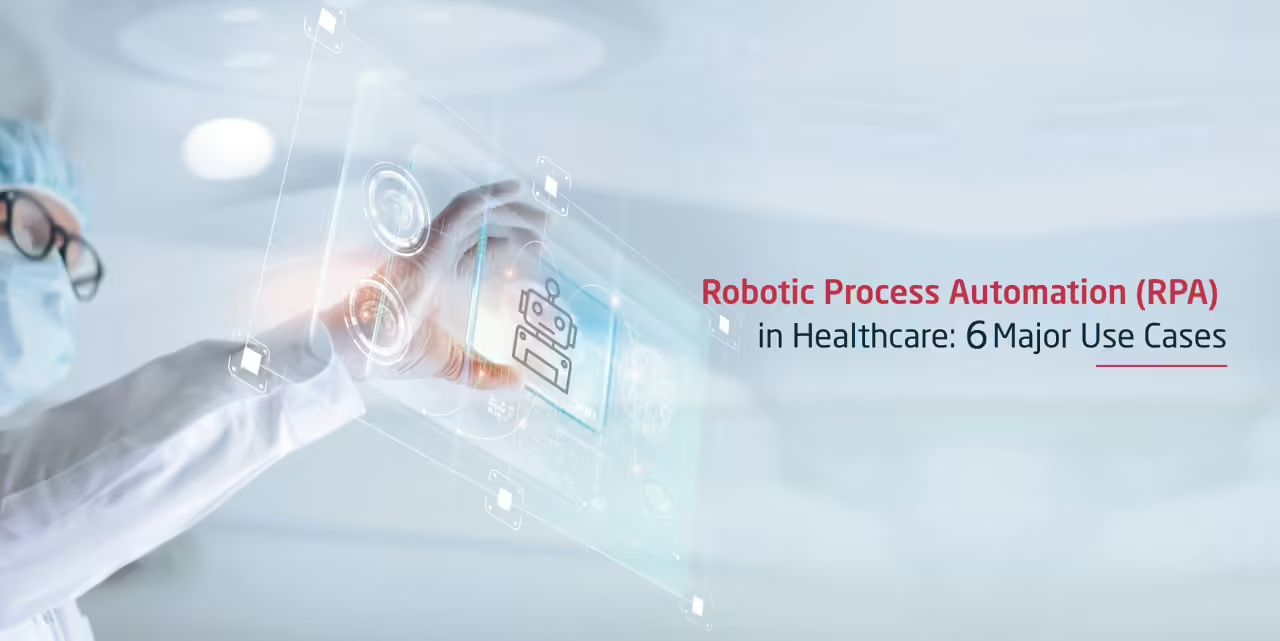
Below are 6 robotic process automation healthcare use cases. Let’s explore!
Electronic Records & Data Sharing
Health data comes from many places: doctors, websites, insurance companies, appointment systems, and medical record databases. In many countries, this data is not stored in one place, and it would take a lot of work to put it all together. Robotic process automation healthcare platforms can help by handling patient records and freeing up healthcare workers from boring tasks. It’s been estimated that the healthcare industry wastes a lot of money on manual data work that’s done poorly and has mistakes. RPA can make data management in healthcare more efficient and accurate.
RPA can also help keep patient data private by controlling who can see it. It can also quickly find and respond to cyberattacks, preventing data loss or damage. This is good for healthcare providers, especially those who have had security problems in the past, like the NHS in the UK.
For example, Dorset in the UK uses RPA to give doctors quick access to medical records with the help of a robot called Wyman.
Appointment Scheduling
Scheduling appointments takes up a lot of time, but robotic process automation in healthcare can help. For example, it can look at incoming data like symptoms or what the doctor thinks the problem might be, and then find the best appointment time based on when the doctor is available, the location, and what time works best for the patient. This not only saves healthcare workers from boring scheduling tasks, but it also makes patients happier.
For example, a hospital in the UK now saves a lot of paper by using RPA to schedule appointments. This frees up time for two and a half full-time employees, so they can do more important things.
New solutions for scheduling appointments are coming out all the time, like Feat Systems from India. This web app uses RPA to automatically make appointments, send reminders, and handle cancellations.
Billing, Payments & Claims management
RPA can also make it easier to pay for healthcare. It can combine different costs like tests, medicine, food, and doctor fees into one simple bill. This fast and accurate way of making bills saves time for healthcare workers and prevents mistakes. RPA can also send reminders to patients if there’s a delay or problem with paying.
In the same way, robotic process automation healthcare can handle time-consuming health insurance claims. It takes a robot 12 seconds to check the status of a claim, while it takes a person 85 seconds. This means one robot can do the work of 9 people without making mistakes. Also, about 25% of denied claims are because of mistakes with registration or eligibility.
Since each claim costs about $118 to process, using RPA can save a lot of money. A hospital in the US has done this, using RPA to check if people are eligible for insurance and find any missing info that was slowing down the process.
Asset Tracking
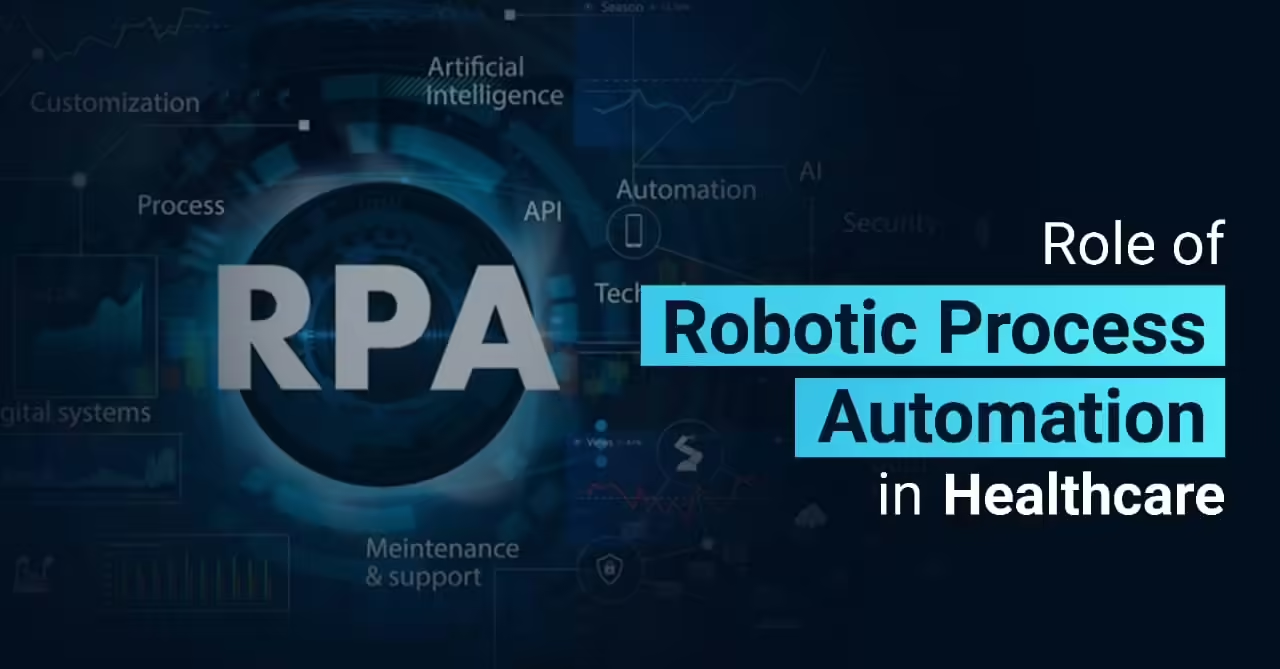
Keeping track of things like ventilators, defibrillators, and medical pumps is really important for hospitals, especially during Covid-19 when resources are limited. Nurses waste a lot of time looking for lost equipment. Not being able to find things quickly can also hurt patients, making them wait longer for treatment.
Robotic process automation healthcare, along with special sensors and online control panels, can help with this. It can make sure staff can easily find equipment, make sure the hospital’s list of equipment is correct, and check if equipment is working properly so it can be replaced if it’s broken.
For example, Intellibuddies is a company that gives hospitals an RPA tool to check in and check out equipment, which helps manage supplies better. Another example is T-Systems, a hospital management company in the UK. They use RPA to track where organs are and when they need to be moved, making sure transplants happen smoothly.
Data Analytics & Diagnostics
Healthcare providers collect a lot of information from patients every day, but it’s often not used. Robotic process automation healthcare can be used to look at this data and find useful patterns and insights for each patient. These insights can help doctors and nurses improve how they take care of patients by giving them more accurate diagnoses and treatments.
For example, a hospital in Dublin uses to put patient info into a system and analyze it. This saves them about three hours of work each day and gives them helpful info about patients.
RPA can also be used with telehealth services, which have become more popular recently. It can help with online screenings and diagnosing patients, which is especially helpful during times like Covid-19 when healthcare systems are busy. For example, a Canadian company called Telus partnered with Babylon Health to create a smartphone app that uses RPA and AI to help patients.
Post-discharge Management
Robotic process automation healthcare platforms can help take care of patients after they leave the hospital, making sure they get better at home.
For example, it can remind patients to take their medicine, eat right, or follow a special diet. It can also remind patients to check things like their blood pressure and tell doctors or nurses if anything is wrong. This way, RPA acts like a messenger between the hospital and the patient’s home. This makes things better for patients, lets them get better at home, and frees up hospital beds.
Read more:


